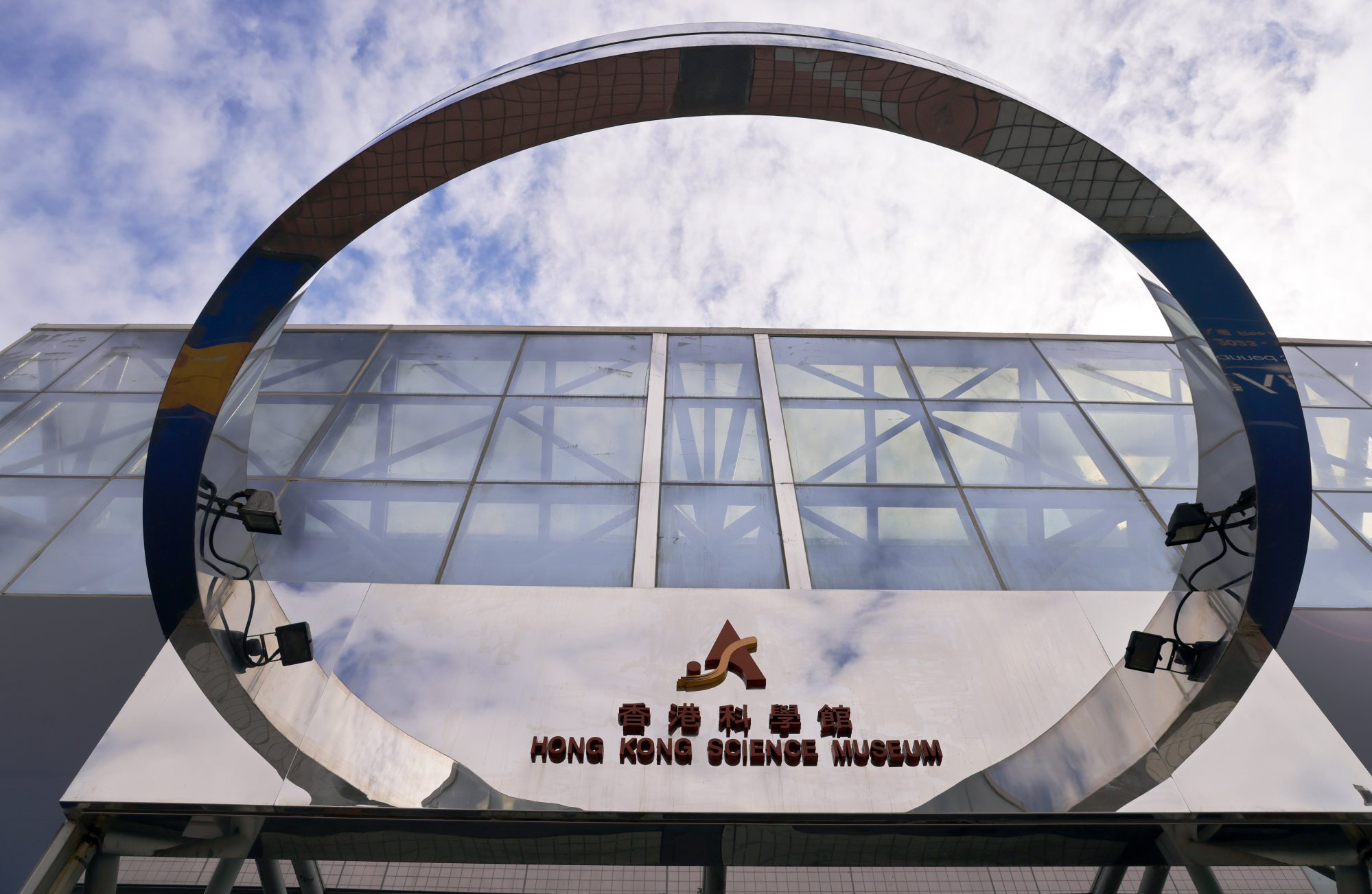Hong Kong is seeking views on ways to enhance the copyright law to protect artificial intelligence (AI) development, including the need to allow the specific use of online copyrighted content processed with the technology, as part of a two-month consultation launched by authorities.
Authorities hope to modernise the Copyright Ordinance to keep pace with the latest AI developments as the city aims to become a regional intellectual property (IP) trading centre.
A spokesman for the Commerce and Economic Development Bureau said the rapid advancement of AI technology, particularly generative AI, had led to “revolutionary” impacts on a range of fields and industries, while also giving rise to a number of copyright concerns.
“The copyright regime is an important part of the [IP] regime,” he said. “On one hand, it protects the economic rights of creators … and on the other hand, it properly balances the legitimate interests of copyright owners and the public interest.
“Continuously enhancing the local copyright regime is one of the key policies to develop Hong Kong into a regional IP trading centre as set out in the national 14th five-year plan.”
Topics covered by the 52-page consultation document released on Monday included copyright protection for AI-generated works, copyright infringement liability for such works and the possible introduction of specific copyright exceptions.
The paper noted AI technology development “necessitates a timely review of our copyright law” while balancing the legitimate interests of copyright owners and users.
“Given the overall benefits brought by the [AI exception], in particular in driving and boosting the development of AI technology and industry … the government is of the view that it is justifiable to introduce the [exception] to the [ordinance].”
The government also said such an exception should not be restricted to “non-commercial research and study” but also “business analytics, and R&D projects that may be privately funded”.
The latest amendments to the Copyright Ordinance, which sought to strengthen protection in the digital environment, were only implemented in May last year.
Broadly speaking, copyrighted works in Hong Kong are owned by a person – AI or other computer technology cannot claim that right. For works generated entirely by computer, the author is considered to be the person who made the necessary arrangements to create the work, and that may include the developer of the software.
But Alan Chiu Chi-wai, a lawyer specialising in IP law, said: “The concept can work in cases such as when someone uses Photoshop software to create or revise an image. But, with generative AI, it can create content on its own after receiving instructions.”
He added that copyright should protect creativity, but at the moment it was impossible to clarify whether certain works were created by a person or by AI.
“A clearer definition of infringement or the role of AI as an author would be needed or else in the future one could easily unintentionally cross the line into plagiarism. Or people would avoid using AI. That is not good for economic development,” Chiu said.

IT industry veteran Joseph Leung Wai-fung shared a similar view.
“Products that are created by generative AI might involve IP infringements,” said Leung, also a lecturer at Polytechnic University’s school of professional education and executive development.
“For example, when a creator asks generative AI to generate an artwork with specific requirements, AI would mine various libraries. But those libraries could involve copyrighted materials.”
Nick Chan, of the innotech committee of the Law Society, proposed an automatic scheme to allow copyright exemptions of data analysed and processed by AI when it was generating the content.
“It is like automatically obtaining a licence to use the contents from various copyright owners. Those who do not want their work to be processed by AI could register to opt out of the scheme,” added Chan, who believed it would boost Hong Kong’s AI development.
The public consultation period ends on September 8.
An hour-long public forum will also be held on August 2 at the Science Museum for members of the public to express their views to officials. Those interested in attending must register through the Intellectual Property Department’s website.



